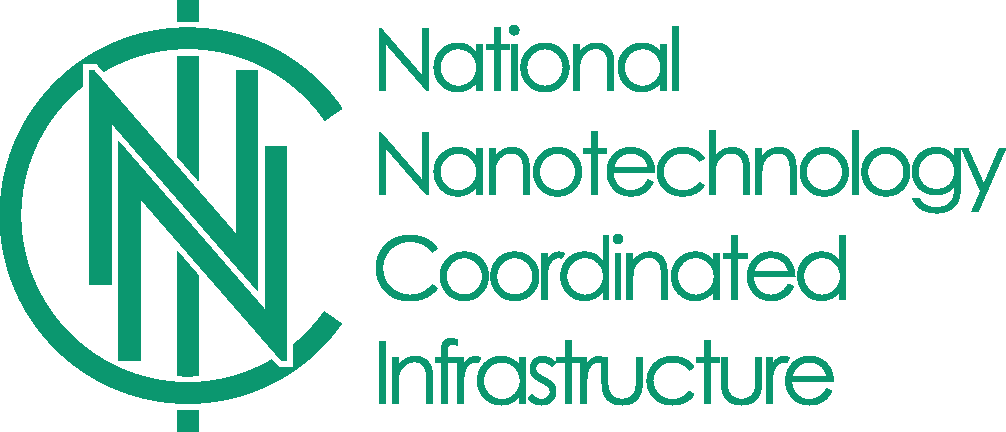MONT Empower Scholars Program
TheMONT Empower Scholars Programis designed tohelpundergraduate students, who areunderrepresentedin STEM,engage in mentored research and obtain training inMONT’s shared-useresearch facilities.MSU’s Empower program, along with other campus resources,helpsidentify students whomay be interested in these opportunities.
These awardswill providea stipend for students to work as paid research assistantsas well as cover lab use andtraining feesfor any undergraduateinterested in exploringresearch in areas related to nanoscience ornanotechnologyin any of MONT facilities (CBE, ICAL, MMF, Mass Spectroscopy facility, and the TEM facility).
MONTwill provide a $1000 student stipend and up to $1250 lab use fees per semester, renewable for anothersemester ifboth the student and the facultymentorwish to continue. The award doesn't need to coordinatewith semester start/end, but astudent should beworking inthelab for the equivalent of a semester.
Thisis an opportunity to experience research in fields you may not have thought of exploring and to gettraining in the cutting-edgelaboratory facilities we have on campus.There aremany benefitsofengaging inresearch as an undergraduate,such ascreating a network of mentors, discovering research and careeropportunities and receiving paid training.
Please take some time and check out all of these possibilities! Open research opportunities are listed below. If you have questions about any of these lab opportunities, need more information, or are interested but not sure which research opportunity might suit you best, please contact Heather Rauser at heather.rauser@montana.edu.
Eligibility Requirements
- Underrepresented group status, to include, but not limited to: Minorities, Persons with Disabilities, and Women.
- Must be an undergraduate student.
- Must meet prerequisite course requirements listed in the lab opportunity description.
- Part-time and full-time students are welcome to apply.
- All majors are welcome.
- There will be a pre-award interview with the selected mentoring lab to ensure that both the student and mentor are a good fit for each other.
Estimated Time Commitment
- Students should plan on 7-10 hours of research work per week, for the equivalent of one semester, under the supervision of your mentor.
- Students will coordinate directly with their mentoring lab to determine a mutually agreeable work schedule.
Applications are accepted any time throughout the year.
Lab Opportunities
Stadie Research Group
Stadie Research Group
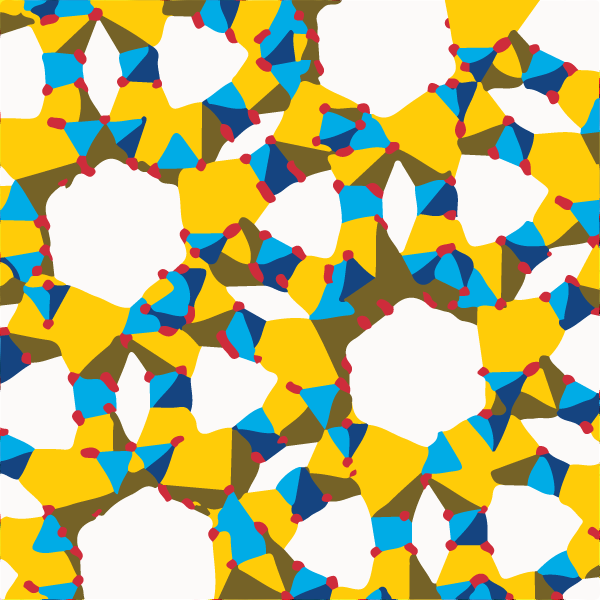
Energized about energy storage?
The Stadie Research Group is searching for savvy students willing to learn new things and wanting to make interesting chemistry. Students of diverse backgrounds are welcome fromelectrical engineers to chemical engineers, chemists, geologists, mechanical engineers, and computer scientists. You’ll work in a demanding but fun and of course safety-oriented environment with your peers researching unique topics and coming to a scientific hypothesis.
Mass Spectrometry Facility Program
Mass Spectrometry Facility Program
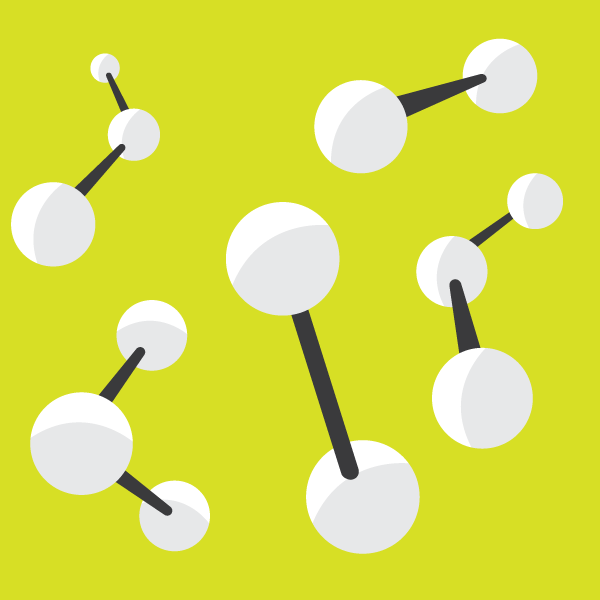
Interested in Mass Spectrometry?
Through the Mass Spectrometry Facility Program, you can use what you’ve learned into real, hands on experience. You’ll be able to turn your knowledge of general chemistry into identifying unknown compounds by their exact molecular weight; aiding in issues that affect us in not so microscopic ways. Not only will you collaborate with experienced staff, but learn up-to-date training in ionization methods, operations, and data analysis. In addition, you’ll have access to state-of-the art mass spectrometry instrumentation and labs.
Kunze Neuroengineering Lab Project
Kunze Neuroengineering Lab Project
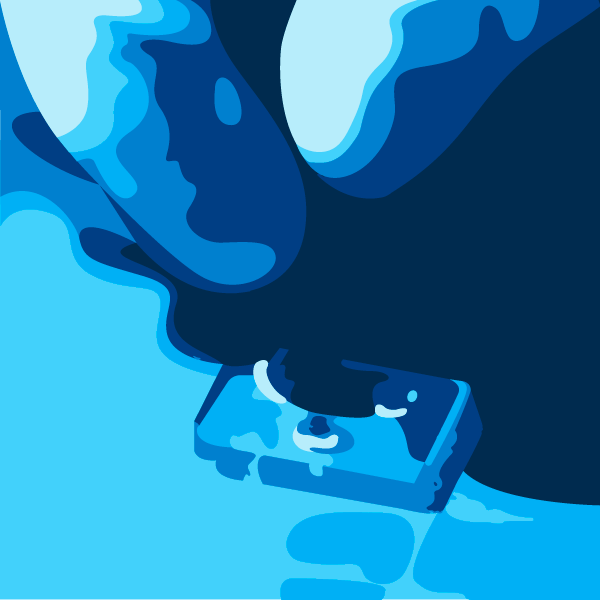
Dececting disease with microchips!
Imagine designing an in situ on-chip prototype that allows scientists to diagnose Alzheimer and other neurodegenerative diseases faster than before. The Kunze Neuroengineering Lab Project is focused on designing just that and is looking for students interested in nanomicro and nanofabrication technology. In addition, a student who has strong communication skills, a team working attitude, and can participate weekly in lab meetings. You’ll be exposed to cutting-edge methods for detecting extracellular vesicles as well as working with a vibrant team of students.
Engineering Food Microstructure
Engineering Food Microstructure

Do you want to improve the lives of others by designing healthier, and more sustainable food?
This project is looking for forward-thinking students with an interest in food science. More specifically, students who want to turn it into a possible career. Throughout this project, you'll be able to apply engineering and material science to design food microstructures and their nutrient delivery.
Biology meets Engineering in Snow
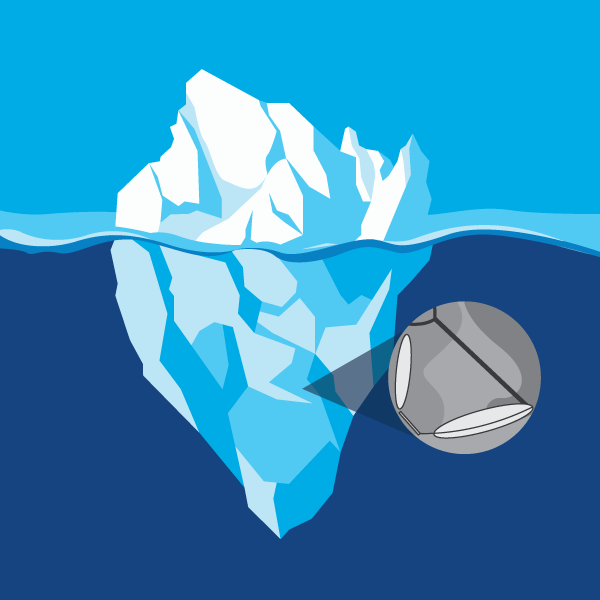
Want to help find life on other planets?
It’s right in the ice! The study of icy habitats on Earth provides important analogs for determining the likelihood of microbial life in extraterrestrial environments. The Center for Biofilm Engineering and MMF are looking for students with an interest in both engineering and biology. You’ll have access to state-of-the-art labs, apply scientific methods to application driven research, develop effective presentation skills, and work alongside an experienced team of both engineers and biologists.
Dr. David Dickensheets' Lab
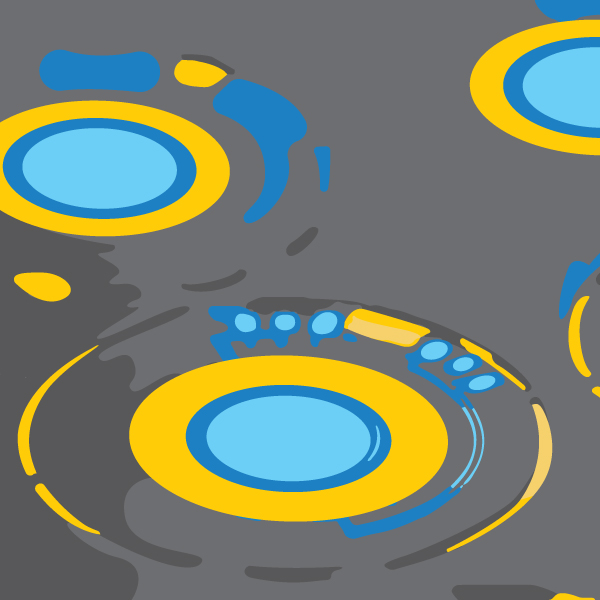
Work on the latest advances in microdevices!
Interested in working on processes that can detect cancer, create the newest technology in phones, or help to make self driving cars a reality? Dr. David Dickensheets is looking for self-motivated students who can take up responsibilty and be thorough in their processes. This position is open to all students, including freshman and sophmores. All that is needed prior to applying is a high school foundational knowledge of chemistry and physics.
Dr. Wataru Nakagawa's Lab

Nano Optics Group
The Nano Optics Group is looking for motivated students to assist with our work in the design, manufacturing, and testing of new optical devices. Current work focuses on nanostructures with polarization selectivity for applications in LIDAR and atmospheric science. Some background in optics, electromagnetics, or microfabrication (clean room processing) is preferable, but not required. All research students are expected to be motivated, hard-working, detail-oriented, creative problem solvers, and ready to learn!
Dr. Yaofa Li's lab

Create micromodels!
Have you ever wondered how water can possibly flow in microchannels, in tight rocks and in your blood vessels? These pathways are even smaller than a strand of hair! We are looking for highly motivated undergraduate researchers to work with us to studly single and multiphase flows in microchannels. Applications of the studies include advances in renewable engery, envrionmental sciences, biomedical engineering, and microscale heat transfer.


